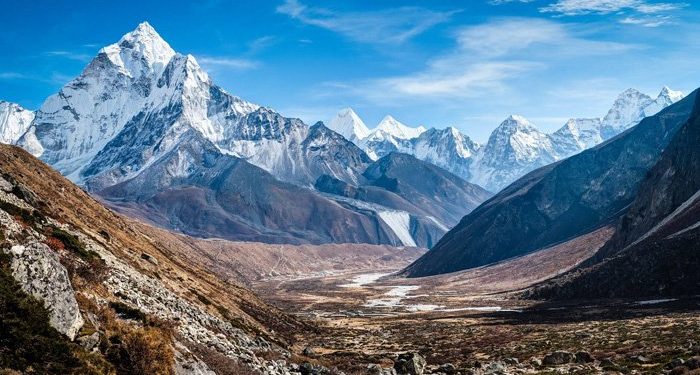Kathmandu: Deteriorating air quality and hazardous levels of particulate matter (PM) in several countries of Indian subcontinent, including India and Nepal, poses a severe risk to human health and must be addressed urgently, a Kathmandu-based intergovernmental knowledge centre warned Wednesday.
The International Centre for Integrated Mountain Development (ICIMOD) is a knowledge and learning centre working on behalf of the people of the Hindu Kush Himalaya region and its eight regional member countries – Afghanistan, Bangladesh, Bhutan, China, India, Myanmar, Nepal, and Pakistan.
In a statement released Wednesday, the organisation pointed to recent data and expressed concern about the rising PM levels. It added that an increase in PM level poses a severe risk to human health, The Kathmandu Post newspaper reported.
Doctors blame the worsening air quality as the main culprit for the rising number of patients suffering from respiratory illness, the report said.
Air pollution, known to cause various respiratory illnesses, combined with coronavirus, which primarily affects the lungs, could lead to an increase in hospitalisations and even deaths among the people infected with COVID-19, the statement said, quoting experts.
ICIMOD Senior Air Quality Specialist, Dr Bhupesh Adhikary, said that worldwide, air pollution is responsible for more deaths annually than COVID-19 to date.
“Despite this catastrophic death toll, we aren’t tackling this invisible killer with anything like the same energy,” Dr Adhikary was quoted as saying in the report.
He asserted that it is time to put efforts into improving air quality on a war footing.
“The good news is that we know what is causing air pollution in our region and how to make rapid progress in reducing our exposure to pollutants,” Dr Adhikary said.
He urged governments, donors and NGOs to work with ICIMOD to build a coalition to drive action on clean air.
“In Kathmandu, Nepal’s capital, PM2.5 levels exceeded 205 µg/m3 April 11, 2023, with PM10 levels reaching a staggering 430 µg/m3 April 13, 2023. These alarming data points highlight the urgent need for action to address this critical issue,” the statement said.
Very unhealthy air quality points to health warnings of emergency conditions, while the entire population is more likely to be affected, the statement said, adding that hazardous levels, on the other hand, call for a health alert and everyone may experience serious health effects.
Pointing that rising temperatures are causing glaciers in the region to melt at an alarming rate, the organisation warned that if global warming exceeds 2°C, it will result in the loss of 50 per cent of the glaciers in the region. It may lead to changes in river flows, which can have serious consequences for freshwater biodiversity, agriculture, drinking water, and other human needs.
“Black carbon or soot emitted from forest fires and burning crop residues after harvest can accelerate the melting of high mountain glaciers, further contributing to their decline,” the statement said.
The organisation “works to improve the lives and livelihoods of men, women, and children of the Hindu Kush Himalaya and protect mountain environments and cultures,” according to the ICIMOD website.
Its work strengthens regional cooperation for the conservation and sustainable mountain development, the website said.
PTI






































